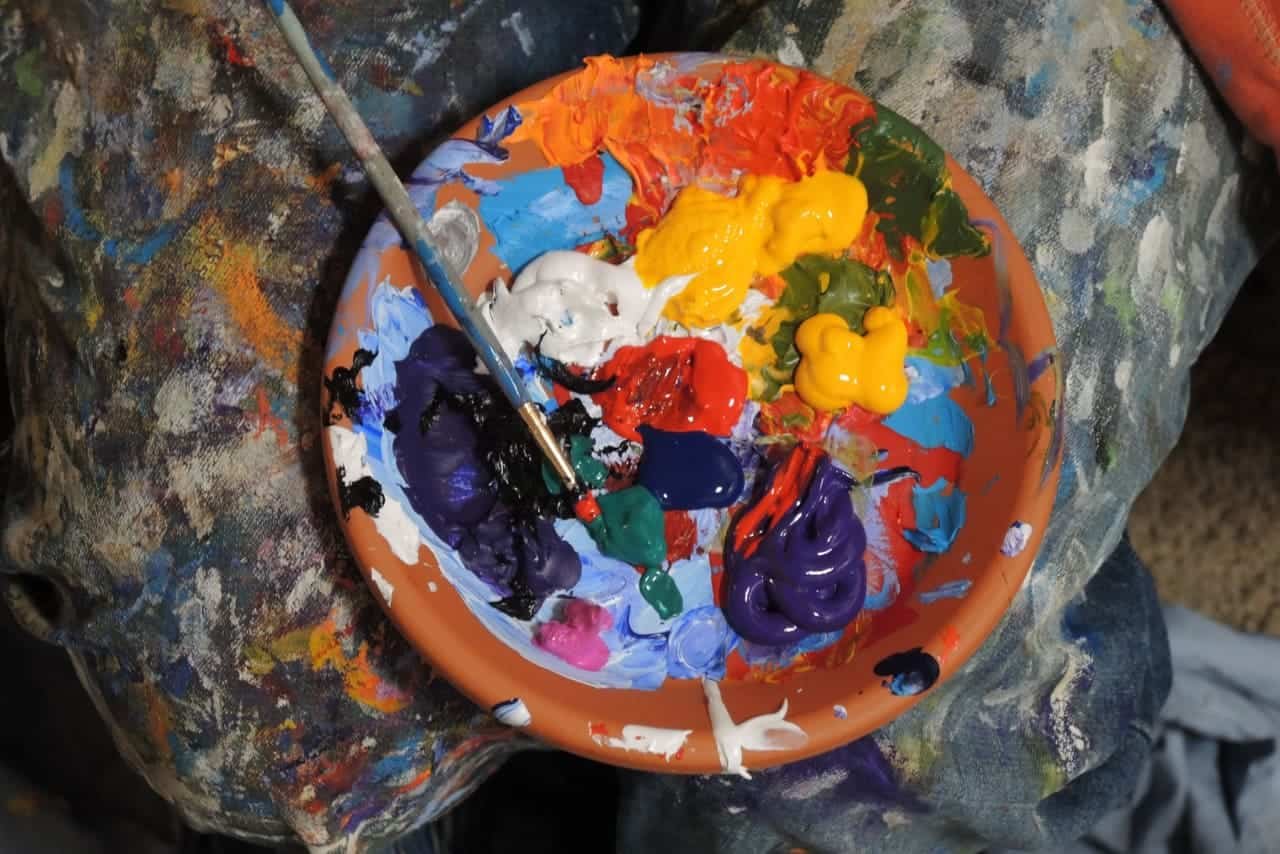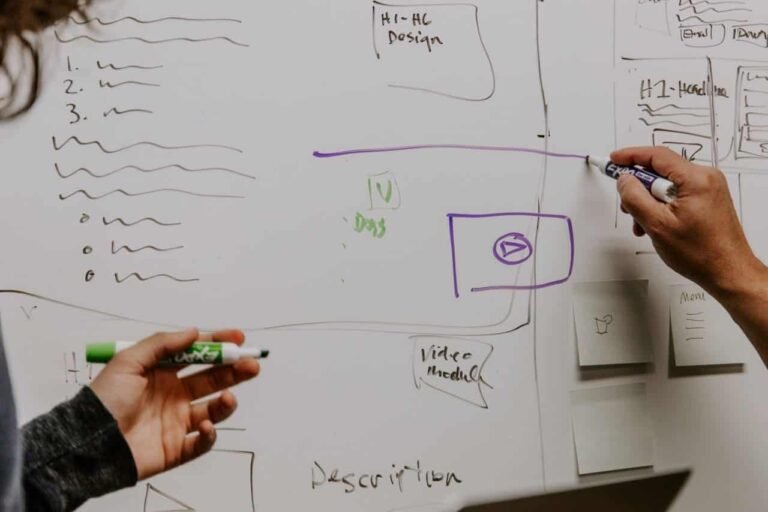Think like a master artist – are your changes necessary?
What do you notice about the following?
Borrowing a book from the library: 1987 style
- The librarian stamps the ‘return by’ date inside the front cover
- You later want to check when to return the book by
- You simply open the book to find out
Borrowing a book from the library: 21st Century style
- You pass the book through a scanner to check it out for borrowing
- You receive an email with the return by date
- You later want to check when to return the book by
- You switch on your smartphone to find your email
- You can’t find the email because it’s gone into a spam folder or been accidentally deleted
- You open the book to see if the return by date has been stamped, but it hasn’t – the email has replaced it
- You start searching your e-mail folders to find it, but your phone runs out of battery
- You wait for your phone to charge to resume the search!
A backwards move?
For a relatively simple task (finding out when to return a library book), life seems much more complicated than it was 30 plus years ago. That’s not to say that electronic records can’t be useful, but if you compare the number of steps in 1987 to today, there are more processes to get to exactly the same end goal (i.e. finding the book’s return by date).
The wider picture
In our natural desire to make progress in life, work and study, making changes can feel like an achievement. But in making any change, it’s important to understand two things:
(i) what is the real trigger for that change?
(ii) will it make life easier for those it affects?
Digital stimulus and boredom
In the fast moving digital world of smartphones, apps, social media and the like, we are constantly bombarded by the ‘next bit of news’ or the ‘next best thing’.
However, as we become ever more drawn in by this ‘digital stimulus’, there is a danger that we want more and more new things, all of the time. As a result, our boredom thresholds get lower and lower, so that the ‘same old’ and ‘last week’s fashion’ simply won’t do anymore (even if they already did everything we needed and more). In a sense, we can if we’re not careful, become addicted to wanting change.
The multiplier effect
Wanting change in itself isn’t necessarily a bad thing. But if wanting change is fuelled by boredom/addiction, that in turn can lead to change for change’s sake. Contrast that with having an awareness of needing to improve something and then carefully considering the steps needed to effect that improvement, in a way that actually benefits all concerned.
Changes for change’s sake are often unnecessary changes. And with unnecessary changes, comes the burden of unnecessary additional costs, of both time and money. If you were to take all unnecessary changes and multiplied the associated costs over time, that could leave you with a very large number indeed.
Reducing unnecessary change
Whilst minimising unnecessary changes isn’t always straight forward, sometimes making a very small change to test the water can be a really good way of finding out if what you’re planning to do, is in fact necessary or desirable.
But better still, developing an awareness of when changes are driven by an addiction to change, rather than out of awareness and an identified need for change, can help you to retain better focus in day to day work and studies.
Slow food and Picasso
Becoming aware of when we need to make necessary changes can be a slow process, but as with any naturally evolving process, the results can also bear lots of ripe fruit for harvest.
Making change for change’s sake can also bear fruit, but the foundations that underpin that change may be built on less fertile soil, which could leave you with a worse harvest, or no harvest at all. It could also end up diverting all of your attention into growing a new unsustainable crop, rather than developing your existing prize crop.
A master painter knows exactly when and where to add more paint to the canvas, but ultimately the real art for all of us in considering any change, lies in knowing when to leave something alone.








